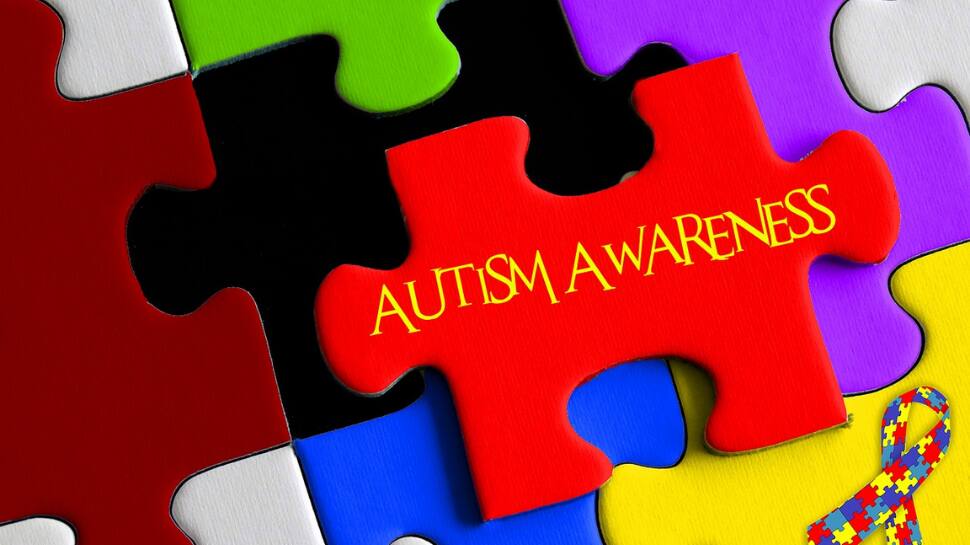Individuals who learn they are autistic at a younger age can have a heightened quality of life and sense of wellbeing in adulthood. That`s the finding of a new study, published in the journal Autism, which also found that those who learned of their autism as adults reported more positive emotions (especially relief) about autism when first learning they were autistic. Findings suggest that telling a child that they are autistic at a younger age empowers them by providing access to support and a foundation for self understanding that helps them thrive later in life.
For the first time, researchers directly investigated whether learning if one is autistic at a younger age is associated with better adult outcomes. Many autistic people particularly females, ethnic/racial minorities and people with limited resources are diagnosed years after the characteristics are first noticed. In many cases, autistic people do not receive their diagnosis until adulthood. This study was conducted by a group of autistic and non-autistic students and academic researchers.
We asked 78 autistic college students how they knew they had autism and how they felt about their diagnosis. Respondents also said how they felt about their lives and that they currently have autism. One of the co-authors, Dr. Professor of Psychology at the University of Portsmouth, Dr. Stephen Kapp was diagnosed with autism at the age of 13 and was informed about it. People diagnosed at an age. Our study shows that it is probably best to tell people they are autistic as soon as possible in a balanced, personal, and developmentally appropriate way. Learning one is autistic can be empowering because it helps people understand themselves and also helps them connect with other people like them.”
However, being given a diagnosis as an adult can often also be empowering. Dr Kapp said: “Learning about autism at an older age is associated with more positive emotions about a diagnosis especially relief. This finding makes sense, although emotional reactions are often very complex and unique to each person there has been a lot of emerging research showing that relief is a common response to an autism diagnosis in adulthood.”
The study suggests that parents should not wait for children to become adults to tell them they are autistic.
No participants recommended doing so, although most highlighted factors to consider when informing a child of their autism, including developmental level, support needs, curiosity, and personality.
Findings also suggest that parents should tell their children they are autistic in ways that help them understand and feel good about who they are. One participant said: “I would tell my child that autism is a different way of thinking, that it can be challenging and beautiful and powerful and exhausting and impactful, that autistic people deserve to be themselves, to be proud of their identity, and have supports that help them meet their needs.”
Bella Kofner, colead author (24), who was diagnosed with autism at the age of 3 and informed of her autism at the age of 10, said: “This is the first study, to our knowledge, to demonstrate that learning at a young age that one is autistic may have positive impacts on emotional health among autistic university students. Hopefully, this finding may begin to address concerns parents have about when to talk to their child about autism. `When` the conversation begins is particularly important. Our findings suggest that learning at a younger age that one is autistic can help autistic people develop selfunderstanding and access support, providing the foundations for wellbeing in adulthood.”

